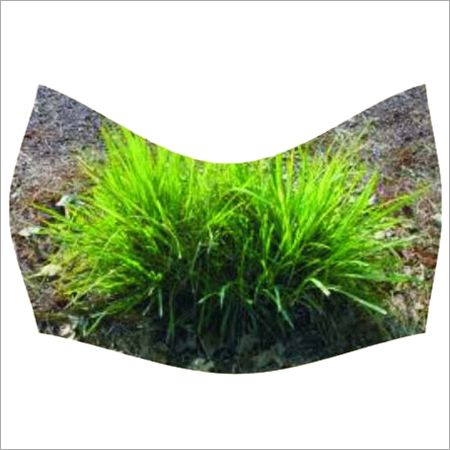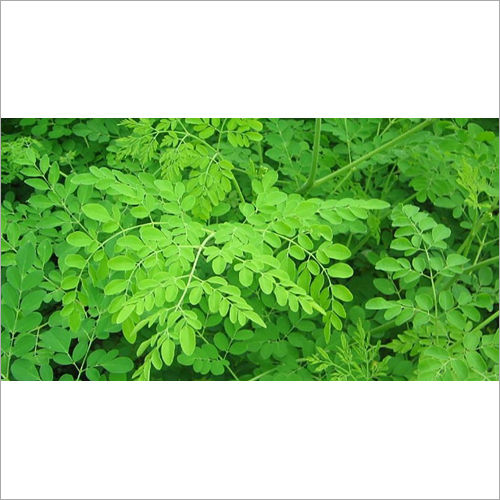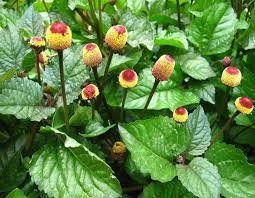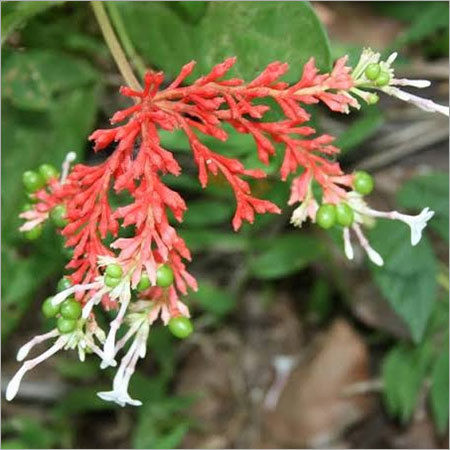Palmarosa Grass Plant

Palmarosa Grass Plant Price And Quantity
- 3.5 INR/Plant
- 15000 Plant
- 3.00 - 4.00 INR/Plant
Palmarosa Grass Plant Trade Information
- 1000000 Plant Per Month
- 10 Days
Product Description
The range of Palmarosa Grass that we put forward to the clients are rigorously packed & delivered according to the need of customers and convenience. Quality control plays an important and huge role in our company, and we assure, all our products are quality approved & trustworthy.
More Detail:
- Palmarosa grass is also known as Indian Rosha or Tikhadi or Motia, This kind of perennial grass is native to southeast Asia, particularly India, and it is farmed for its oil. The essential oil of the plant, which has the active compound geraniol, is popular for its fragrance and for myriad traditional medicinal as well as household uses. As it contains the Rose fragrance, it is known as rosha grass.
- By chance, Indian Palmarosa has been applauded by the international market and hence, the demand of this product has considerable raised. Owing to this, a lots of Indian cultivators have taken high interest in its farming.
- Palmarosa "Gramineae" is versatile and it is known its botanical name "Cymbopogan Martinii". Two of species of product is very popular - Sophia and Motia. Although both of them look similar, but Motia is more universal a plant while, Sophia is more close kint. Also, there is difference in the fragrance and colour of the leaves. As a result, the oil obtained from them is quite different and has different applications. Motia species contains about 855 to 92% Geraniol whereas, Sophia about 60 to 70%. Therefore, Motia species is counted foremost.
- The oil made of Motia species is called Rosha Oil / Palmarosa Oil / Elichpur rosha Oil / East Indian Geanium Oil. The oil obtained from Sophia Species is known as Gingergrass Oil.
Chemical Composition of Palmarosa Oil : The key Chemical compound of Motia species of Palmarosa is Geanyll Acetate (6 to 12%), Linalool (2 to 4%), Geraniol (75 to 85%), Citrilol (5 to 6%), and Citral. Besides to those components, Palmarosa also contains varied other minute elements such as ± Pinene, ² Pinene, ³ Pinene and Alemin.
Important Usages of Palmarosa :
- Palmarosa Oil is utilized in great amount by Pharmaceutical industry. It is ideal to be used in perfumery, especially for flavouring tobacco and for mixing of soaps because of the lasting rose-note it provides to the mixture. Also, this oil caters as a source for top grade geraniol.
- Geraniol is very much popular as a scent and as an initial material for wide chemicals, namely geranyl esters having a lasting rose-like smell.
- Apart from being utilized by Cosmetic Items and Perfumes Producers, this kind of oil is also utilized in the production of many medicines. The oil contains active compound geraniol, which makes it ideal for many medicinal as well as household purposes.
- It is anti-viral, anti-fungal, antiseptic, cytophylactic, and bactericide. Application of this product on on skin moisturizes the skin, moreover stimulating cell regeneration and balancing the hydration levels. Also, it is useful in clearing up minor infections and preventing ugly scarring in healing wounds.
- This kind of oil calms the mind, yet has an improving effect, while clearing up muddled thinking. It is utilized to counter nervous & physical exhaustion, nervousness and stress-related problems.
- Palmarosa oil may be utilized with excellent effect on the skin, for nervous, digestive system and stress-related problems.
- Hence, owing to its utilities and usages in pharmaceutical and perfumery industry, it is in high demand in both the Domestic and International market. As a result, Palmarosa Farming is very much beneficial for the Indian cultivators.
Palmarosa Oil Marketing Strategy :
- Palmarosa Oil has large usages due to which marketing of it is fairly easy. There are quite a few Merchant in Mumbai and Delhi was buy Palmarosa in bulk and there are also quite a manufacturers for Palmarosa. Hence, in the forthcoming decade, there are great chance of enhancing the sale of Palmarosa.
- It has been proven that this is helpful from varied aspects. Farming of Palmarosa can be complete in different kind of soils actually in infertile field also. Although the field has low water content & is less watered, it can be farmed. The Palmarosa's plant does not get affected by ailments, the maintenance is low because of which its popularity is spreading domestically and globally. As a result. the cultivation is highly beneficial for cultivators.
Various Species of Palmarosa : C.I. 80 - 68 and I.W - 31245 produced by Indore Centre that is Sophia & Motia are the two main varieties of Palmarosa. P.R.C - 1 Motia and Trusha Vruta is also popular among farmers.
Agriculture Techniques
- Preparing the soil / Tillage : Plough the land at least two time for aeration. Utilize around 8 to 10 tons of manure and 8 kgs / 10% B.H.C / acre. Trowel & level the field in order to make sure that there is no water logging.
- Fertilizers / Manure / Pesticides : For the finest production in non watered condition apply 12 kgs of Nitrogen, Phosphate (P2O5) and Potash / plant or between the trowel. The rest part that is 6 kgs has to be given after a span of 30 to 40days.
- Process of Seeding / Irrigation : Palmarosa grass can be developed in well irrigated as well as non-irrigated conditions. In case of, not well watered conditions the production depends on annual rain water but for well watered conditions, where the climate conditions are hot, then irrigate the field in gaps of 12 to 15 days or once in 21 days for best yield. Flood irrigation is one of the best & modern ways for Palmarosa grass irrigation.
- Weeding Process : Weeding process should be carried twice and thrice in order to get rid of unwanted plants.
- Harvesting and Cleaning Process : For better best yield of this plant, start cutting or harvesting the plant instantly after flowering. Harvest the plant 10 to 15cms from the base level. Gather & mould the plant and then store in a cold place. Thereafter, by means of distillation process the oil is extracted from the plant.
- Accessibility of Pamarosa Oil : Great amount oil is extracted from the Leaves & Flowers of the plant and minimal amount of oil is extracted from the stem. The production in the first year, 0.5 to 0.6% oil is obtained from the each & every plant that is about 12 to 16kgs oil / plant in non-irrigated and 20 to 30kgs / plant in irrigated field. The yield in forthcoming years goes up to, 20 to 30 kgs / acre in non irrigated field and 40 to 45kgs / acre in watered conditions.
Income and expenditure on palmarosa Production or Farming :
- Expenditure :
- In 1 acer at a distance of 40x40cms about 30,000 small plant can be grown.
- 30,000 * Rs.4/- per sapling (comprising conveyance) = Rs.1,20,000 per expenditure.
- This is an one-time expenditure and the yield is for the coming Five years.
- Income / Productivity
- From 1 acer plantation, agriculturists can obtain Palmarosa oil within first 180 days and they get about 50ltr of oil and in the forthcoming 180 days it goes up to 70ltrs.
- In the first year of cultivation of pamarosa farmers get around 120ltr of Palmrosa Oil.
- 120 litres x Rs.1200/- per litre = Rs.1,44,000/- income / harvest.
Available material for Palmarosa are Palmarosa Slip, Palmarosa Seeds and Palmarosa Oils.





